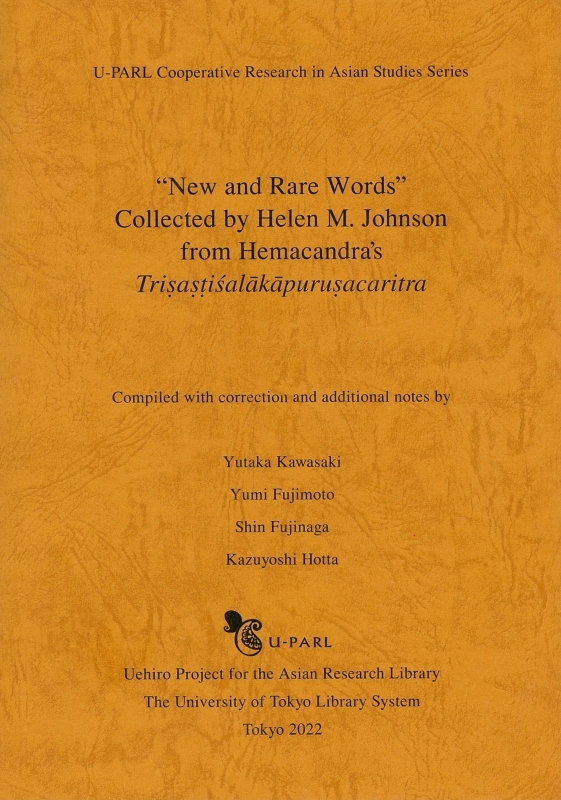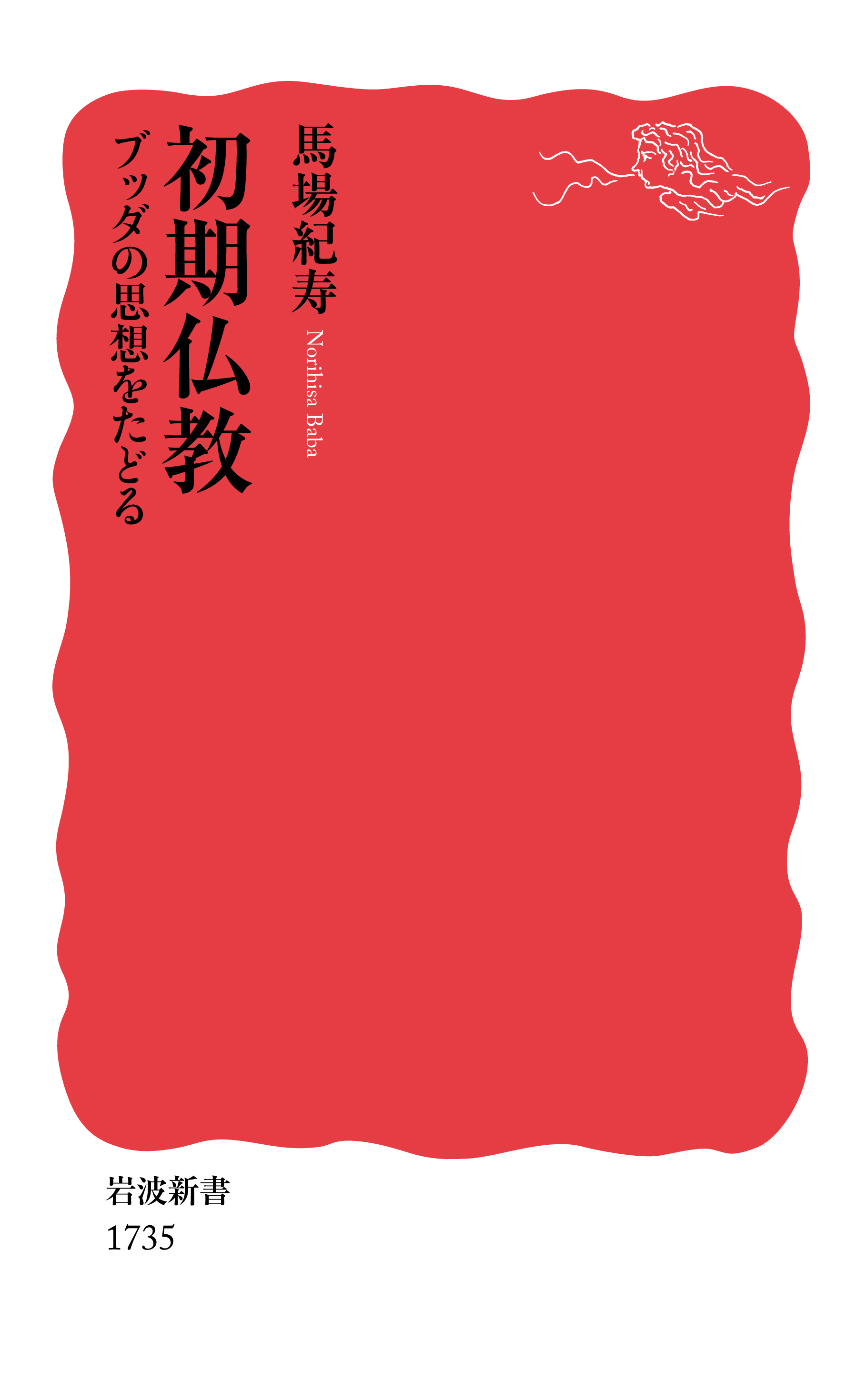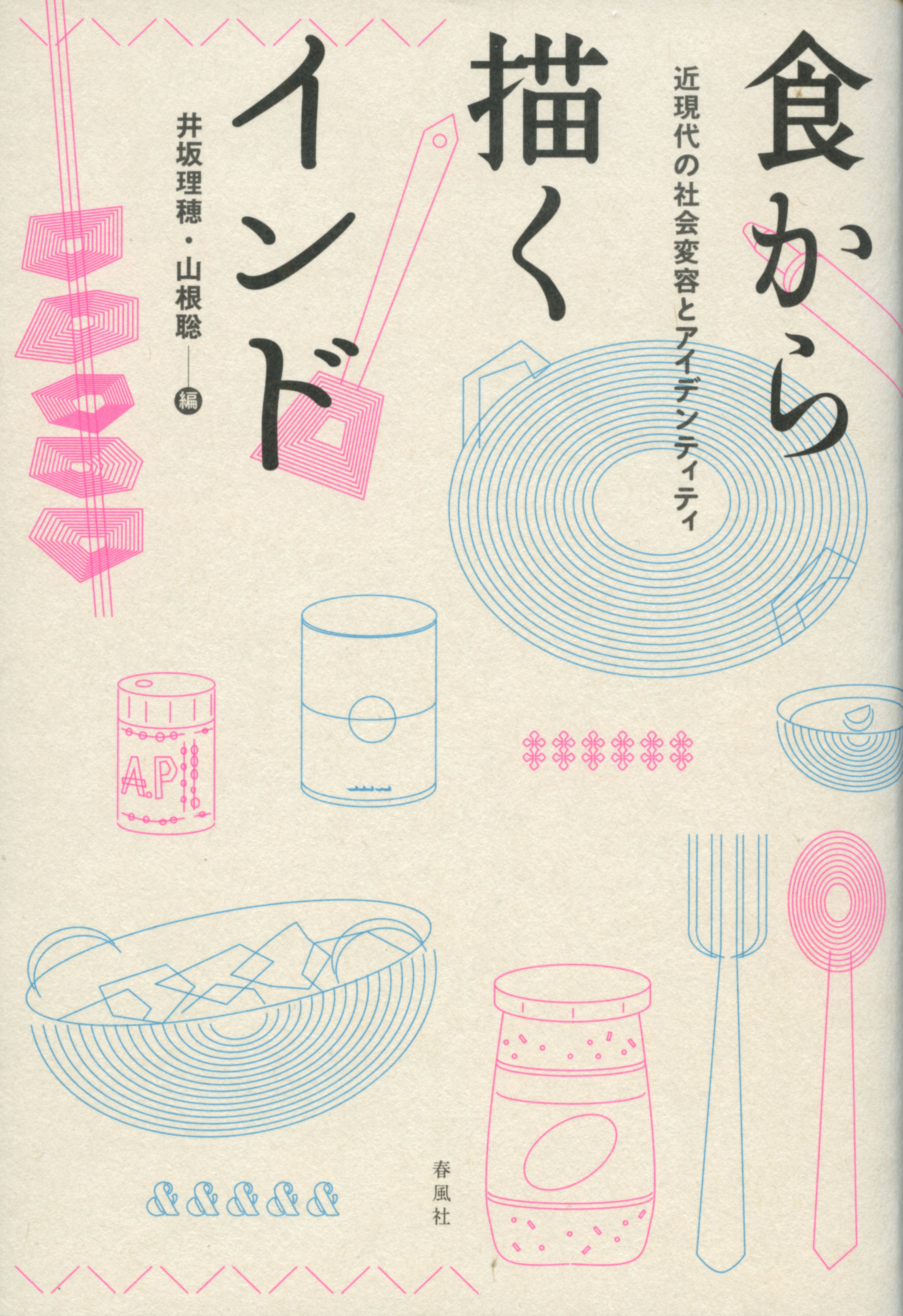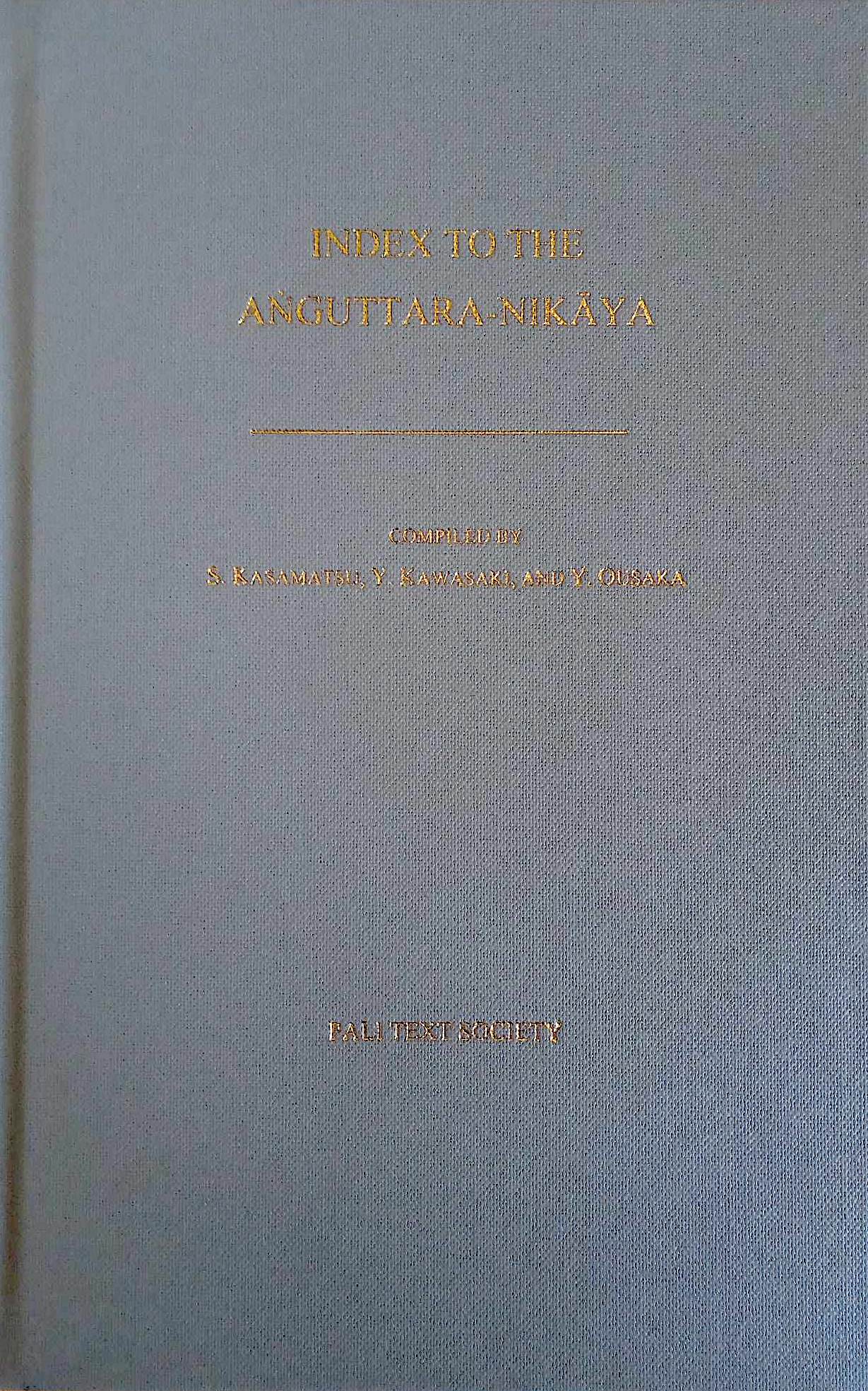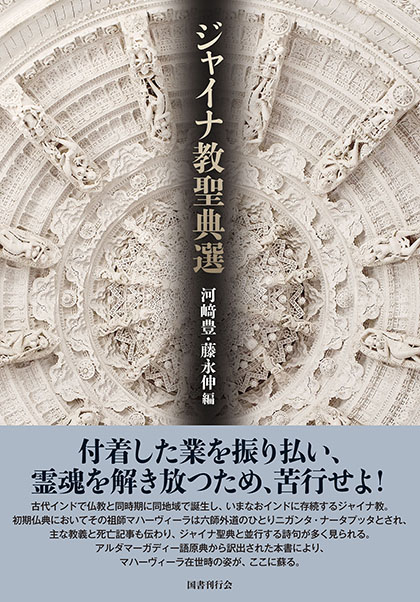
Title
Jaina-kyo Seiten Sen (A Selection of Jain Scriptures)
Size
572 pages, A5 format
Language
Japanese
Released
September 16, 2022
ISBN
978-4-336-07391-4
Published by
Kokushokankokai
Book Info
See Book Availability at Library
Japanese Page
Jainism has preserved an enormous body of textual materials down to the present day, and this book consists of Japanese translations of the main sections of some of the scriptures transmitted by the Śvetāmbara sect of Jainism.
Jainism is a religion that arose along the middle reaches of the Ganges River around the same time as Buddhism. It maintained relations with political powers in different periods and regions, and while also standing in a tense relationship with other Indian religions, it has continuously produced written works not only in the areas of religious philosophy and literature but also in all manner of other fields such as medicine, astronomy, and astrology and has established its own distinctive position. Today its adherents account for no more than 0.4% of India’s total population, but even though they are a religious minority, they occupy a special position in Indian society, with many of them being well-educated and highly literate, and they pay 20% of the total tax paid by individuals in India. Studying Jainism and sharing the findings of this research not only among researchers but more broadly with society is not only necessary for gaining a better understanding of Jainism but is also indispensable for apprising ourselves both of the religions and secular powers with which Jains have been involved throughout history and of present-day Indian society.
One of the foundations for understanding Jainism is the translation of various textual sources, but in Japan the majority of such translations have been published only in specialist organs such as academic journals. In particular, the only Japanese translation for general readers of the oldest primary sources, the starting point of Jainism—namely, the scriptures of the Śvetāmbara sect—had been a translation of the Kalpasūtra included in Scriptures of Jainism (Sekai Seiten Kankō Kyōkai, 1920) by Suzuki Shigenobu. The present volume was planned with the aim of breaking free from this state of affairs by translating some Jain texts on the basis of the latest research findings and offering them to society one hundred years after the work carried out by Suzuki.
This book begins with an introduction that explains various matters that are a premise for understanding Jainism, and it then presents the actualities of the oldest form of Jainism through translations of the very oldest scriptures among the scriptures of the Śvetāmbara sect. Next, the religious lives of both monastics and the laity are presented by means of translations of texts describing the actual precepts to be observed by them, and after an abridged translation of a scripture in which parallels can be seen with Buddhist scriptures, the book ends with a translation of a biography of Mahāvīra, who was in effect the founder of Jainism. The book has been structured in such a way that, by reading these translations, the reader will be able to gain an overview of old Jainism with just the right level of detail.
For many Japanese, Jainism is probably something about which they read a brief explanation of a few lines in a high school textbook which then disappeared from their memory after the end-of-term exams. But Jainism is not something completely divorced from the lives of people living in Japan. Some may know that there is a Jain temple in Kobe, that there are many Jain jewellers in Okachimachi in Tokyo, one of whom also runs a vegan restaurant, and that the owner of a well-known store dealing in Indian foodstuffs based in Kuramae, Tokyo, is a Jain. We hope that this book will provide an opportunity for many people to learn something about Jainism.
(Written by KAWASAKI Yutaka, Assistant Professor, The University of Tokyo Library System / 2023)



 Find a book
Find a book


